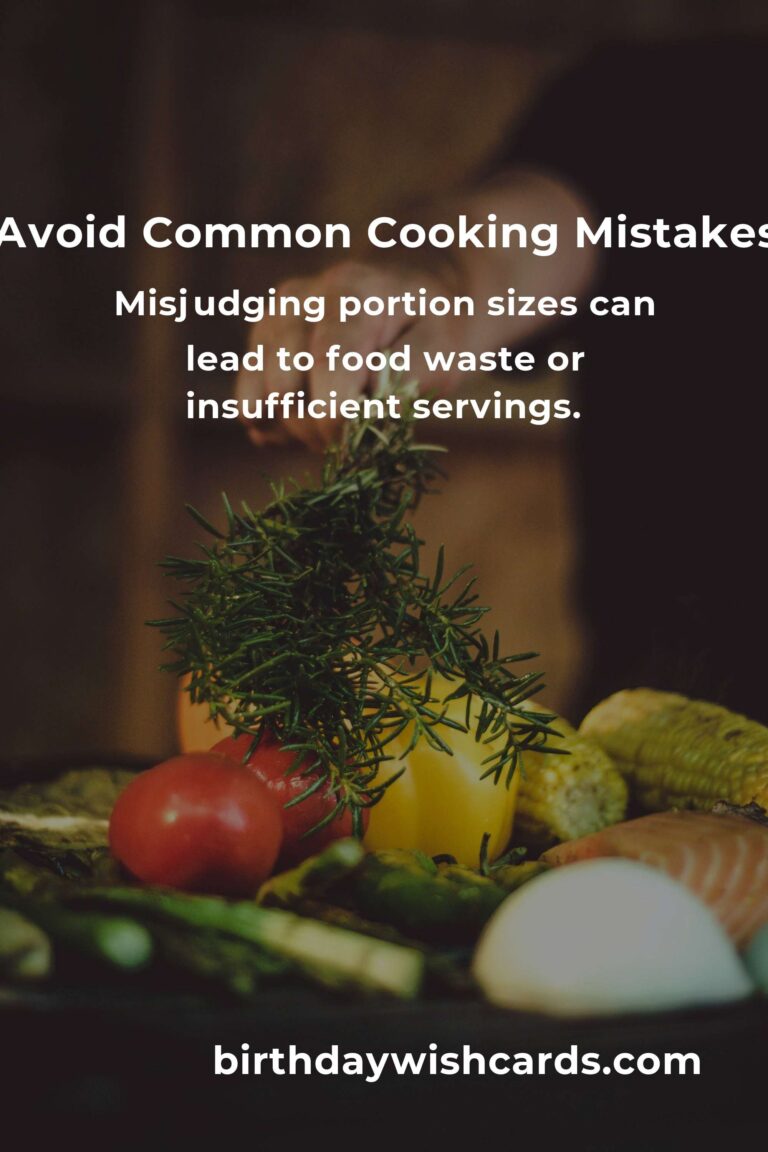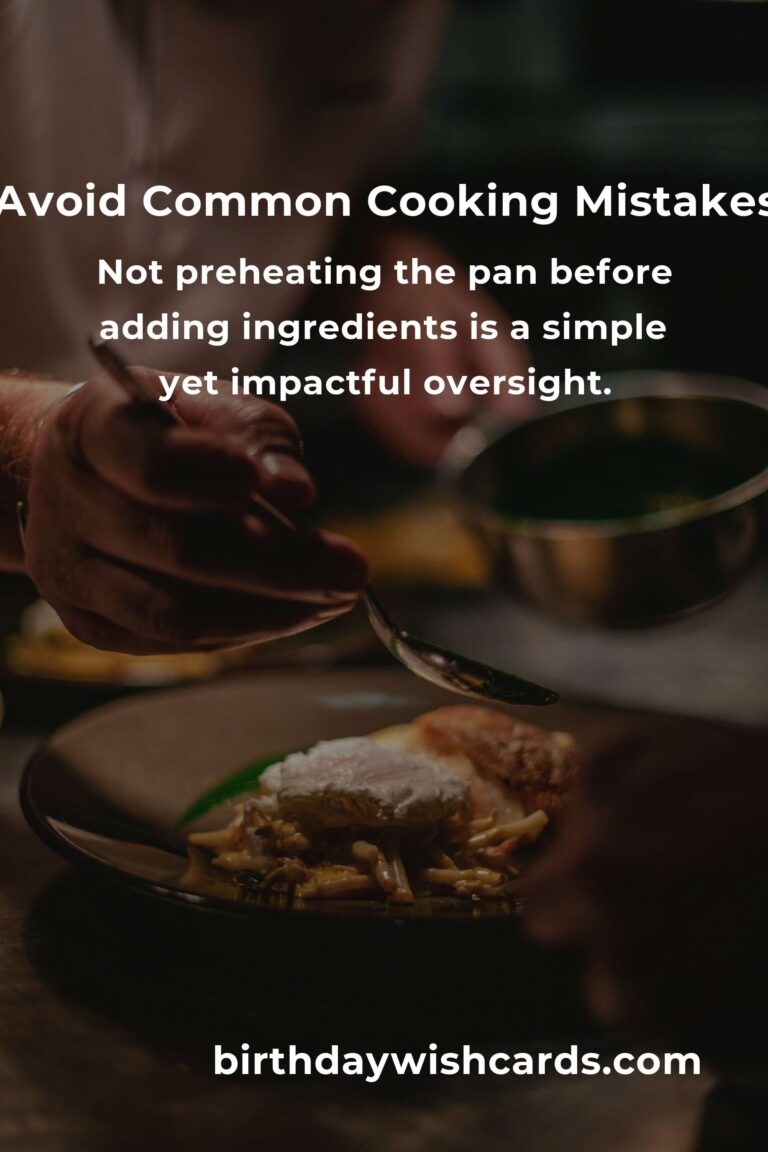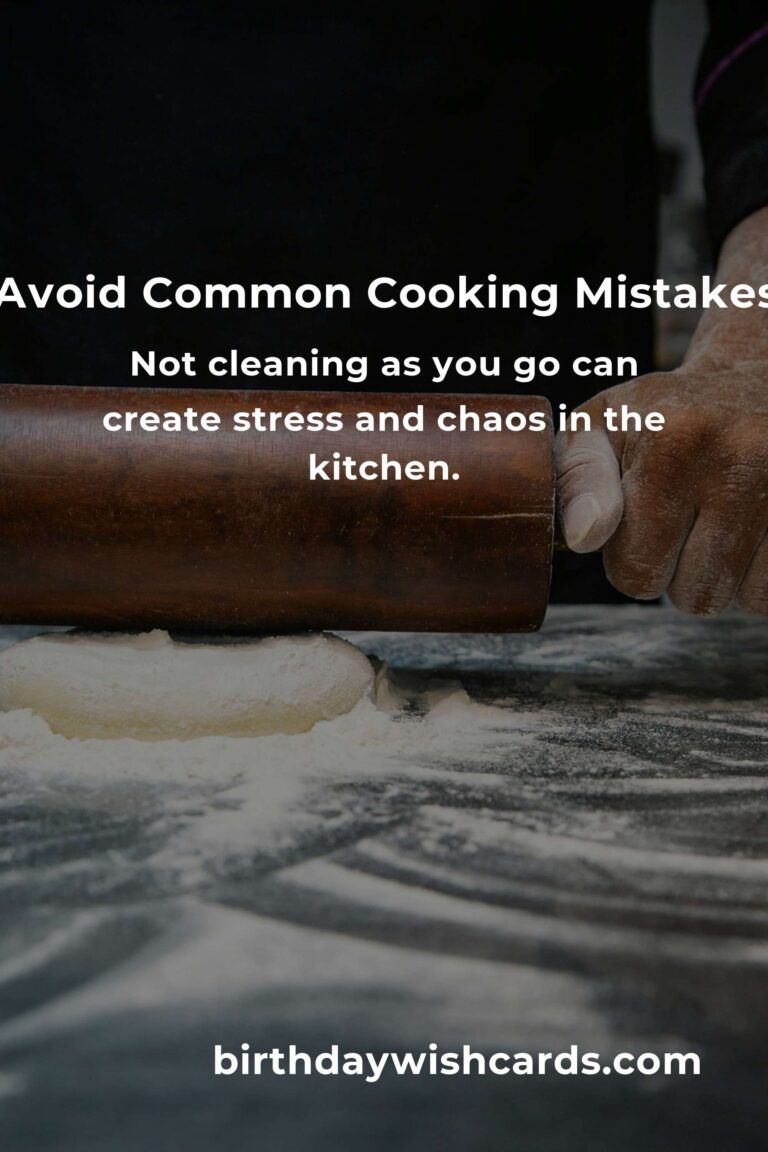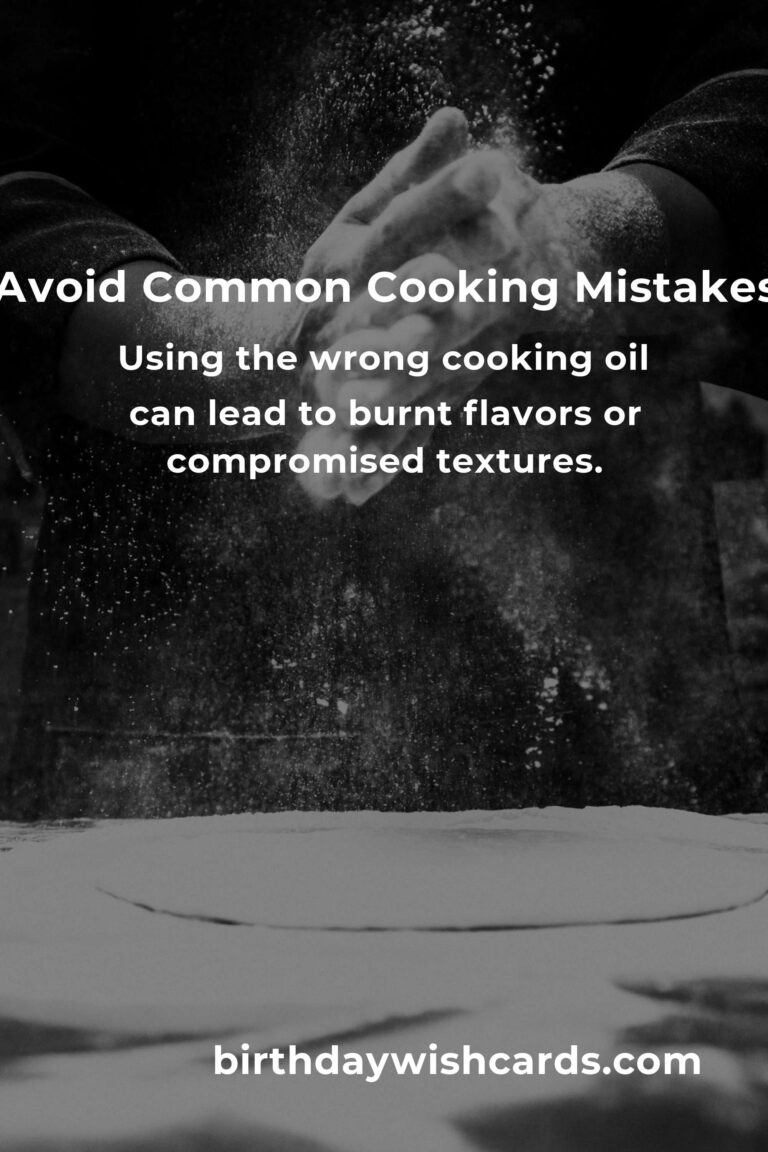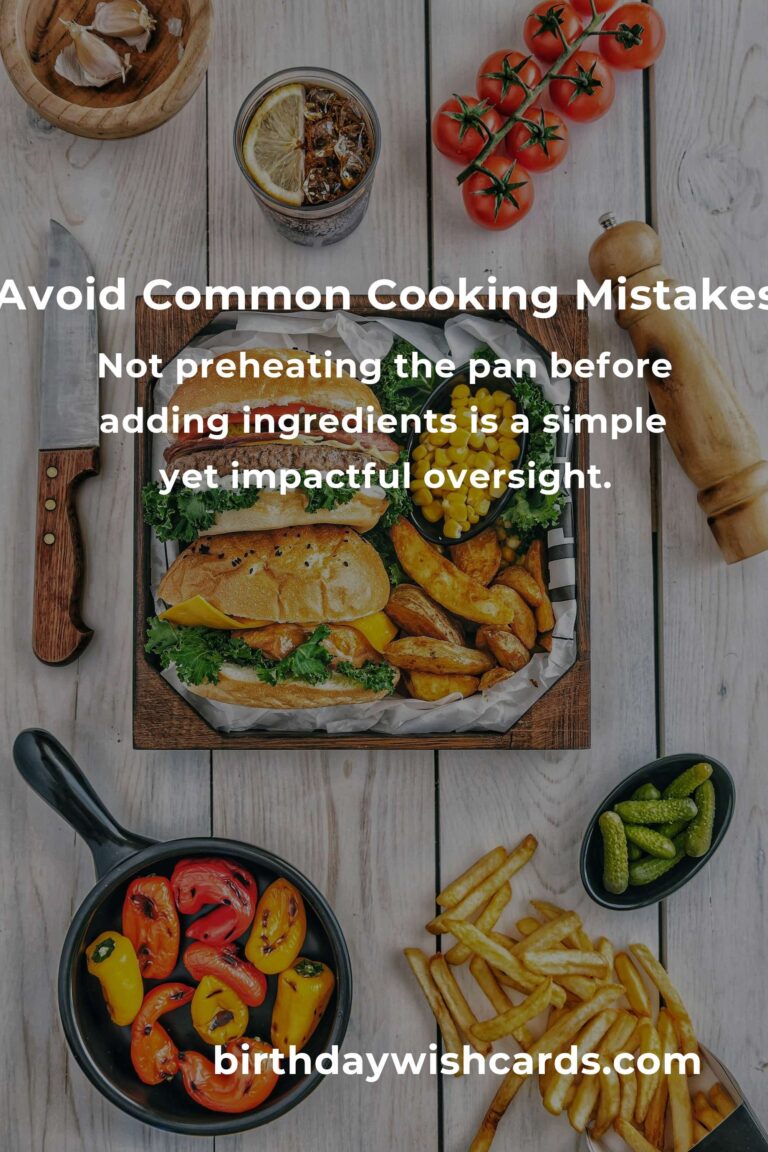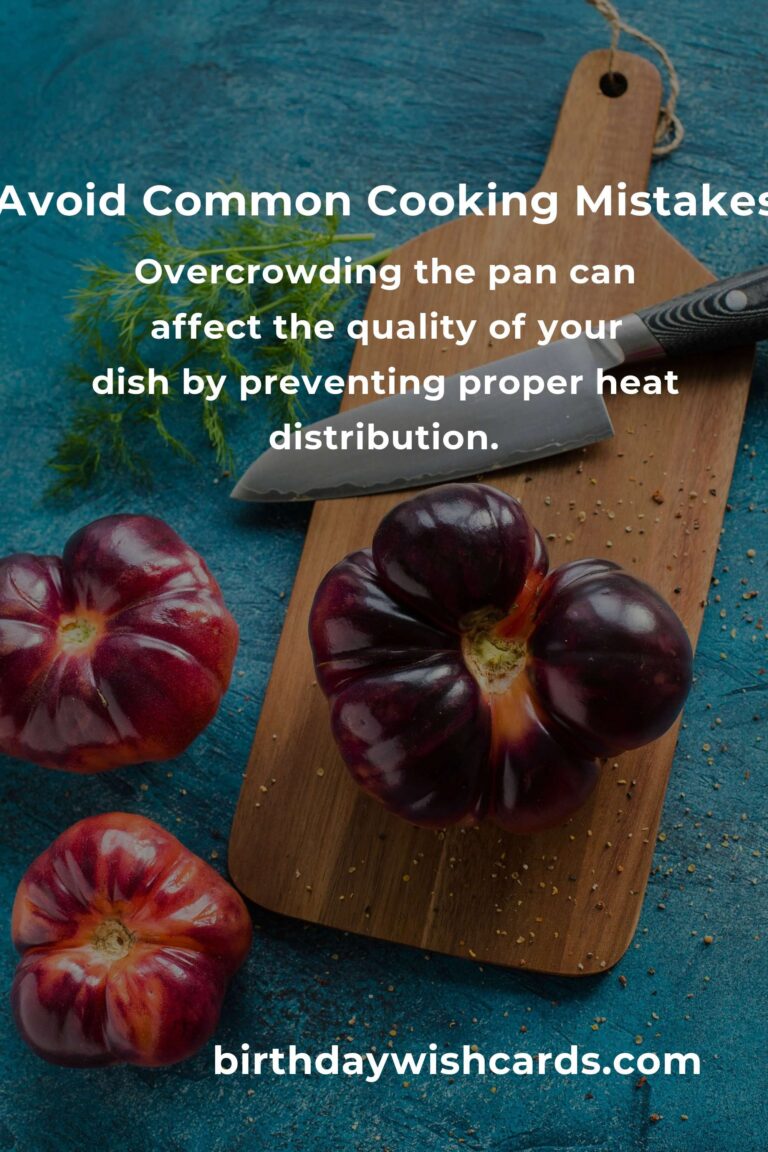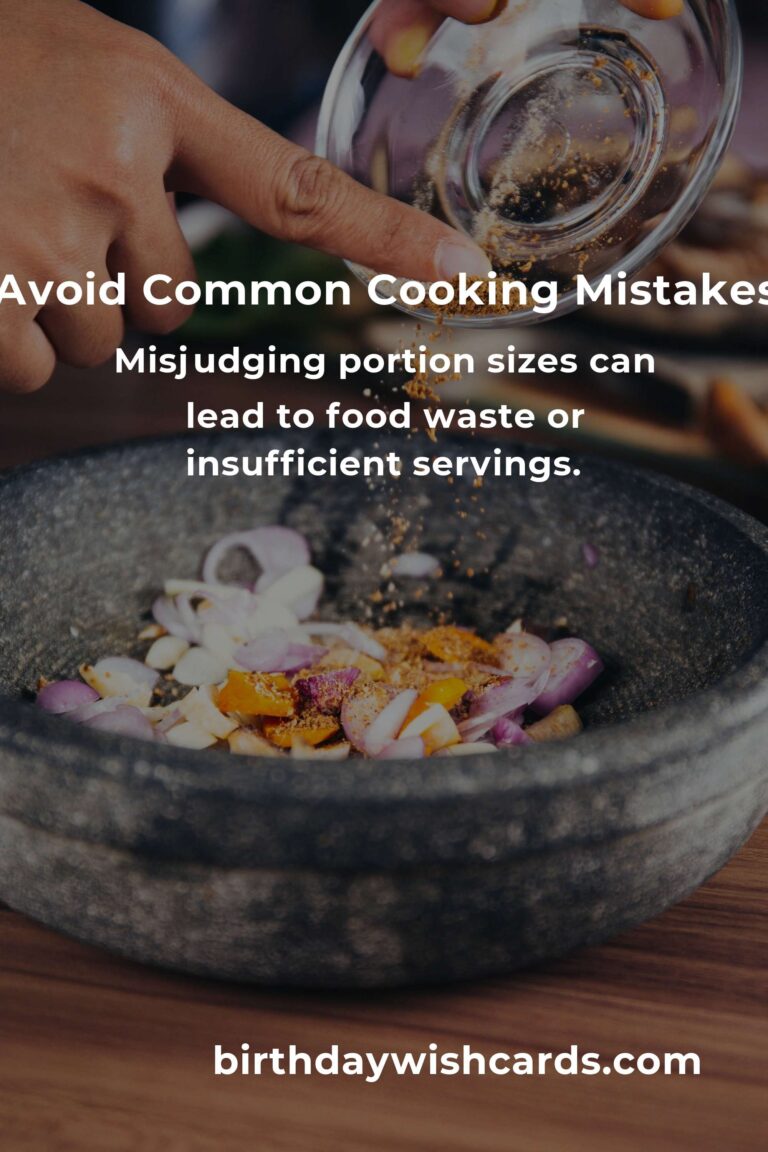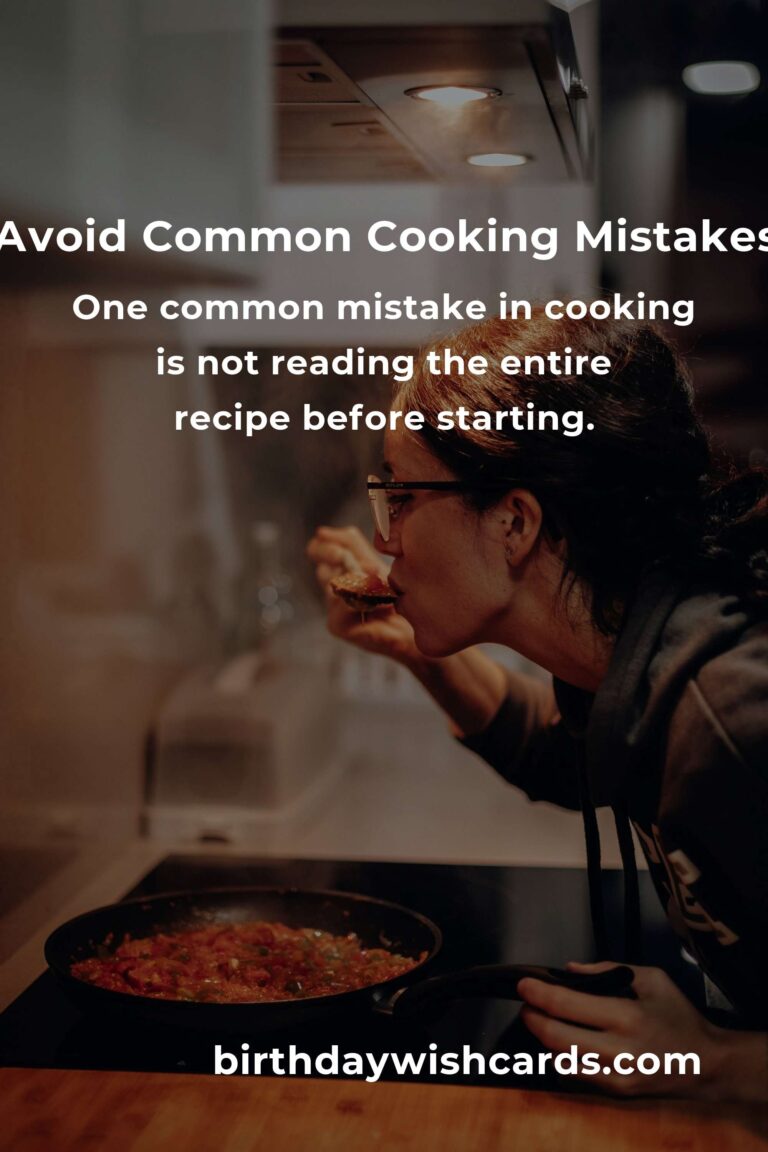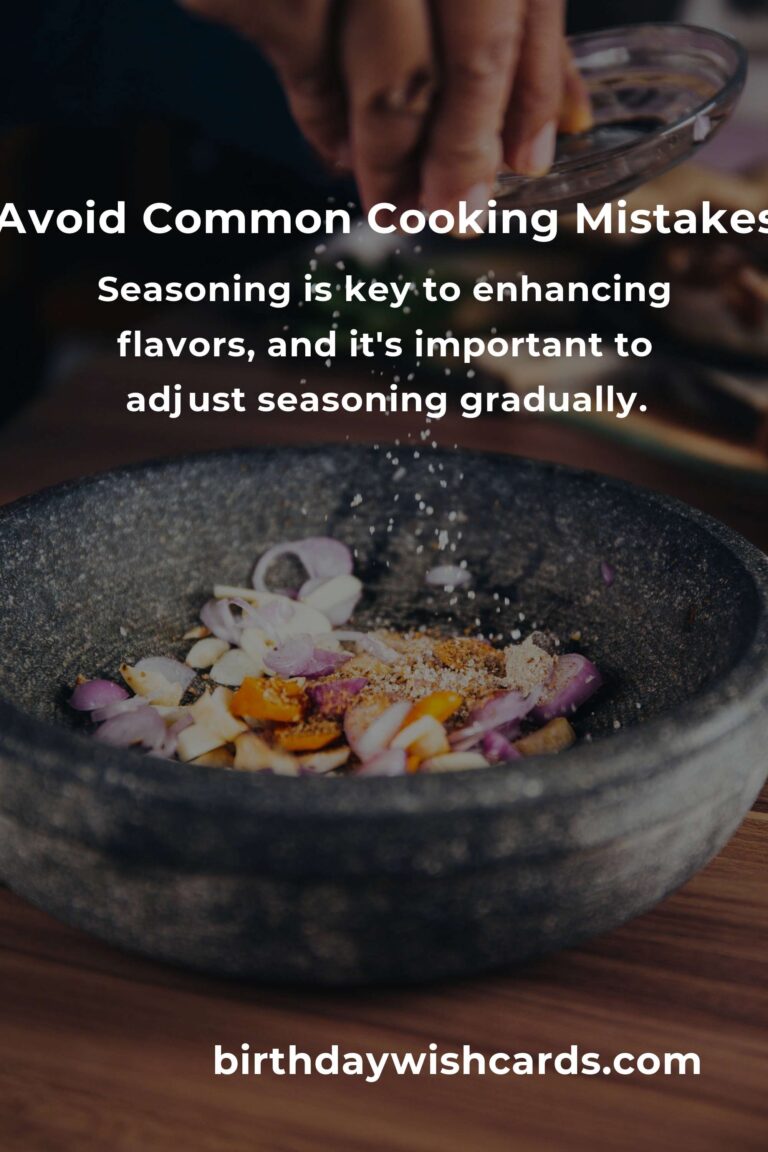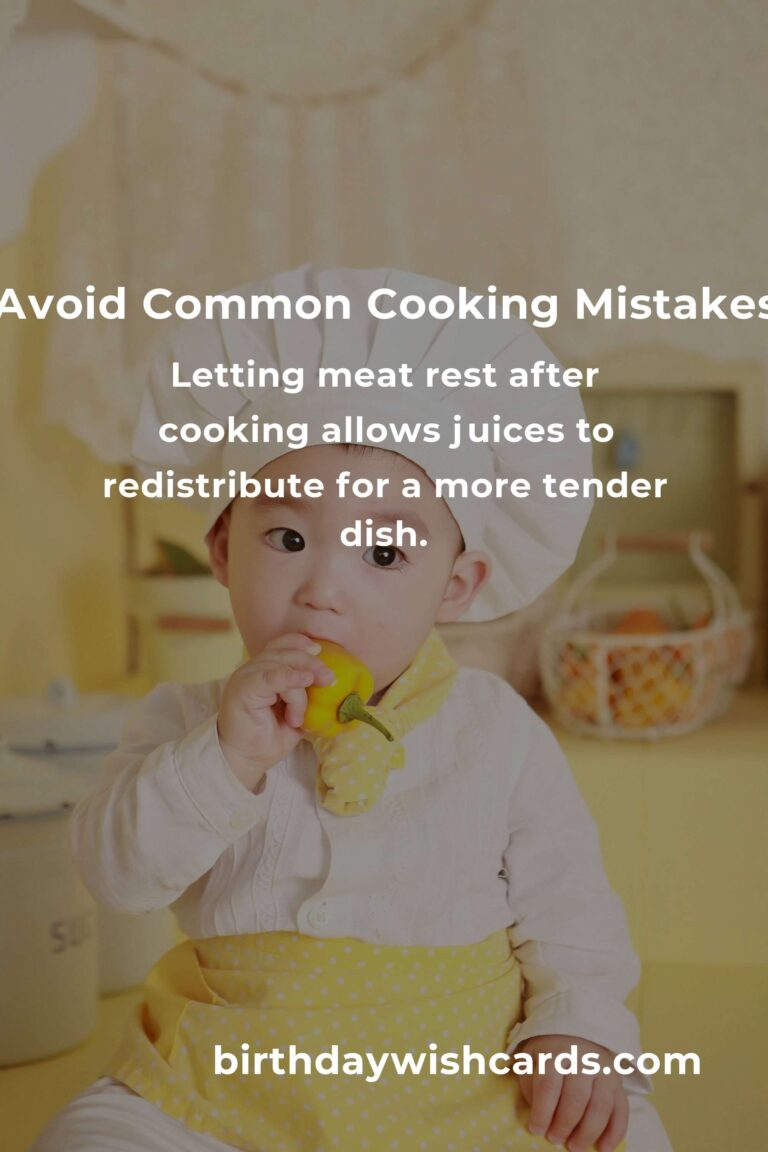
Cooking is an essential life skill that can lead to healthier eating habits and a more satisfying lifestyle. However, even in easy cooking basics, there are common mistakes that many beginners make. These mistakes can lead to less-than-delicious results and can discourage new cooks from exploring their culinary potential. This article will highlight some of these common errors and provide tips on how to avoid them.
1. Not Reading the Entire Recipe First
One of the most common mistakes in cooking is not reading the entire recipe before starting. Skipping this step often results in unexpected challenges halfway through the process, such as missing ingredients or misunderstood instructions. To avoid this, always read the recipe from start to finish. This helps you prepare all necessary ingredients and tools ahead of time, ensuring a smoother cooking experience.
2. Overcrowding the Pan
Overcrowding the pan is another mistake that can affect the quality of your dish. When too much food is placed in a pan, it prevents proper heat distribution, leading to steaming instead of browning. To avoid this, cook in batches if necessary, allowing each piece of food to have ample space for proper cooking.
3. Not Preheating the Pan
Not allowing the pan to preheat before adding ingredients is a simple yet impactful oversight. Preheating ensures that food starts cooking immediately upon contact, which is essential for achieving the desired texture and flavor. Always give your pan a few minutes to heat up before adding any ingredients.
4. Using Dull Knives
Dull knives are not only inefficient but also dangerous. They require more force to cut through ingredients, increasing the risk of slipping and injury. To avoid this, keep your knives sharp and well-maintained. Regular sharpening will make your chopping faster, safer, and more precise.
5. Neglecting to Season Properly
Seasoning is key to enhancing flavors in your cooking. One common mistake is under-seasoning or over-seasoning food. To avoid this, taste your food as you go. Start with a small amount of seasoning and gradually adjust to your preference. Remember, you can always add more, but it’s hard to take seasoning away once it’s in.
6. Using the Wrong Cooking Oil
Different oils have different smoke points and flavors, which can impact the outcome of your dish. Using the wrong oil for the heat level or recipe can lead to burnt flavors or compromised textures. Familiarize yourself with various oils and their properties, and choose the right one for your specific cooking method.
7. Ignoring Cooking Times
Every recipe provides a guideline for cooking times, which are crucial for achieving the right texture and doneness. Ignoring these can result in overcooked or undercooked meals. Always set a timer and check food periodically to avoid this mistake.
8. Not Letting Meat Rest
After cooking meat, it’s important to let it rest before cutting into it. This allows juices to redistribute, resulting in a more tender and flavorful dish. Cutting too soon can cause juices to spill out, leaving the meat dry. Patience here can make a significant difference in the final product.
9. Misjudging Portion Sizes
Preparing the right amount of food is crucial, especially for new cooks. Misjudging portion sizes can lead to food waste or insufficient servings. Use measuring cups and kitchen scales to ensure accuracy, and adjust recipes according to the number of servings needed.
10. Not Cleaning As You Go
A cluttered kitchen space can create stress and chaos. Not cleaning as you go is a frequent mistake that can make cooking feel overwhelming. To avoid this, tidy up as you work. Wash utensils and cutting boards after use, and wipe down surfaces to maintain a clean and organized space.
Mastering the basics of cooking involves practice and attention to detail. By being aware of these common mistakes and learning how to avoid them, you can improve your cooking skills and enjoy the process more. Remember, cooking is as much about the journey as it is about the final dish.
One common mistake in cooking is not reading the entire recipe before starting. Overcrowding the pan can affect the quality of your dish by preventing proper heat distribution. Not preheating the pan before adding ingredients is a simple yet impactful oversight. Dull knives are inefficient and dangerous, so keeping them sharp is essential. Seasoning is key to enhancing flavors, and it’s important to adjust seasoning gradually. Using the wrong cooking oil can lead to burnt flavors or compromised textures. Ignoring cooking times can result in overcooked or undercooked meals. Letting meat rest after cooking allows juices to redistribute for a more tender dish. Misjudging portion sizes can lead to food waste or insufficient servings. Not cleaning as you go can create stress and chaos in the kitchen.
#CookingMistakes #EasyCooking #KitchenTips #HomeCooking #CookingBasics


